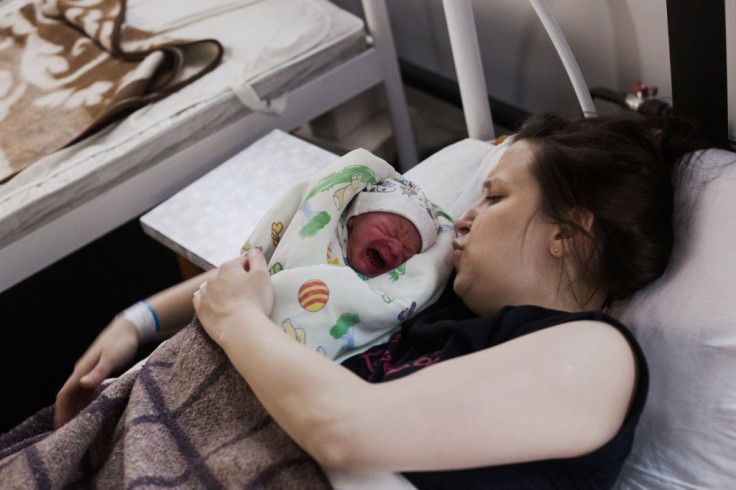
Studies revealed that newborns must depend upon the immunity their mothers passed on to them to survive the pathogens that invade their bodies as soon as they are born.
Over time, the children will develop their immune systems after they survive natural exposures to viruses and bacteria, and with the help of childhood vaccines, Neuroscience reports.
How mothers provide natural antibodies to babies
How mothers pass on this immunity to their babies was a mystery to the scientific community until a recent study published in Nature. The study provides a surprising explanation of how moms provided immunity to their newborns. Understanding this information may be a breakthrough in preventing death and disability from various infectious diseases.
The findings reveal that pregnancy changes the structure of certain sugars attached to the antibodies. Restructuring the sugars allows babies to be protected from infection by a much more comprehensive range of pathogens.
The study also showed which specific sugar changed during the pregnancy and how the change happened. When the mom was pregnant, sialic acid's "acetylated" form shifted to the "deacetylated" form. Sialic acid is one of the sugars attached to the antibodies. The molecular change allows immunoglobulin G (IgG), the body's most common antibody, to increase its protective role by stimulating immunity through receptors that respond to deacetylated sugars, ScienceDaily reports.
The change in the sugar structure allows maternal antibodies to protect babies against infection inside the cell.
The recent development suggests that antibodies that expecting moms produce and pass on to their babies may be imitated to develop new drugs to treat diseases or develop vaccines to prevent infections.
Antibodies can be produced in the lab
The researchers also identified the critical biochemical differences between antibodies in virgin and pregnant mice. They also identified the enzyme expressed during pregnancy responsible for driving the transformation.
The research team also restored lost immune protection by supplying lab-grown supplies of the antibodies from pregnant mice to mothers that were gene-edited to remove acetylation from antibodies.
Over the years, scientists have produced hundreds of monoclonal antibodies to cure several disorders such as asthma, cancer, multiple sclerosis, and viral and bacterial infections. The Food and Drug Administration approved some of these antibodies, and many are still undergoing clinical trials. Others were also not successful.
Researchers can replicate the alteration of antibodies during pregnancy to change how antibodies stimulate the immune system to improve its effects. Doing so could enhance the treatment of infections for pathogens like HIV and viruses that pose more significant risks to infants.
The study also indicated that the switch of antibodies persists in nursing mothers such that antibodies with enhanced protection are transferred to the babies through the breastmilk, FNHA says.
The study also underlines the importance of women getting vaccines. The immunity needs to exist within the mother for it to be transferred to the child.
Related Article: Illinois Baby Discharged from Hospital After Almost One Year of Confinement Due to a Rare Genetic Condition